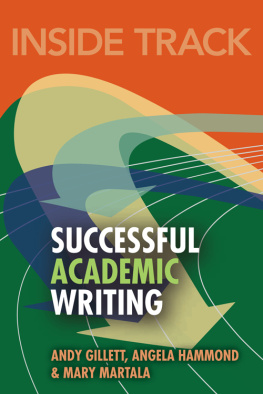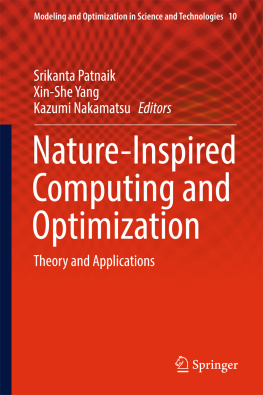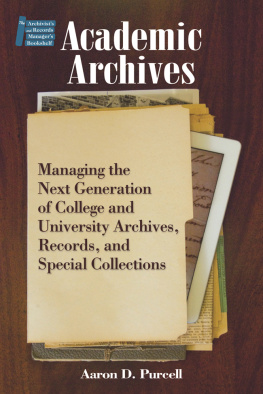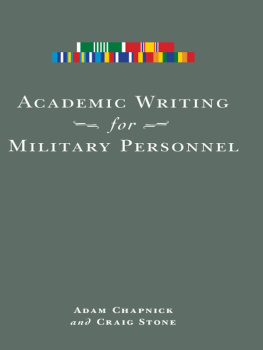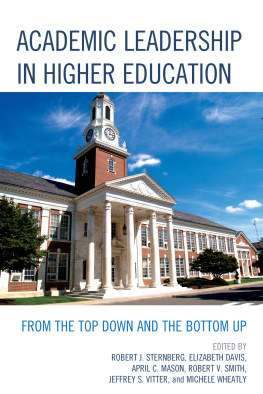Acknowledgements
On the completion of this long and exciting intellectual journey, I must mention names of some people without whom I could not have done this all.
First of all, my greatest gratitude goes to Prof. Dr. Martin Fischer, who kindly accepted me as a doctral researcher under his supervision. The fact that this dissertation written in English by a person who has had no German academic background is finally completed certainly proves the main point of this dissertation: Knowledge generation activities have no national borders. Without the help of Prof. Dr. Fischer, this project would have never existed. I should also be very much grateful that Prof. Shujiro Yazawa agreed to take the position of the second reviewer of this dissertation, despite of a quite short notice which was given by me. Conversations with him in Japan inspired me to move forward during the project period.
There are colleagues around the world who participated in a series of World Social Sciences and Humanities Network (World SSH Net) Thinkshop meetings. Their thoughts and discussions motivated me to write this dissertation, especially because their academic concerns are also closely related to academic dialogues for knowledge generation in various international contexts. I hope that my piece of work would be able to contribute to ongoing discussions of international knowledge generation practices. Further, I must express my gratitude to the organizers of the above-mentioned academic meetings and of other academic conferences in which I had great opportunities to present some parts of my doctoral project. Participation in such events gave me chances to refine and reconsider my work.
Needless to say, this work would not have been completed without help and support from people who kindly offer their participation in the empirical part of this study in Japan . Despite of the novelty of the study, the research participants tried to understand the essence of the study, and they provided really valuable comments and thoughts. The narratives of their working life as academics will certainly be contributions not only to this study but also to future studies I am going to continue. Thank you so much.
Since the empirical study was carried out in Japan, I expected some financial difficulties at the beginning of the project. In this respect, my sincere gratitude goes to The Konosuke Matsushita Memorial Foundation, Japan , for funding this project. Most of the cost which the empirical study required to be fulfilled was covered by the fund from this funding organization. Without their support, I might have had to give up some empirical parts, therefore, they played an essential role to make this study as it is.
I should not forget people who helped me achieve the final form of this dissertation. The invaluable comments from and the stimulating discussions throughout these four years with Michael Kuhn surely improved the contents of the dissertation a lot. Besides, Jack Rummel helped to make my humble English that has a strong influence of the Japanese language more sound academic English as a language editor. There are other people who provided me rather critical views about what I wrote. I should also appreciate their contesting comments and views, because they made me realize that those contesting views were exactly the main point that I tried to tackle through the dissertation. No matter how positive or negative the comments were, all the comments which reached me were good food for developing my thought.
Although it is rather indirect to this project, there have been some organizational cooperations. The World SSH Net as the main place of my academic activities provided me a lot of opportunities for academic interactions and observations of international academic activities with its network members who are located around the world. The International Federation of Social Science Organizations (IFSSO) also gave me the opportunity of encounters with academics from various parts of the world, and through the annual conferences of the Japan Society for Mu lticultural Relations I had valuable opportunities to meet academics in Japan, which allowed me to casually observe how academics in Japan interacted with each other on academic events. I am also thankful to the Center for Glocal Studies at Seijo University, Tokyo, for giving me time for presentations twice during the doctoral project period.
There must be more anonymous people who inspired, helped, and encouraged me during these years, but my final big thanks should go to my friends and family members , above all, lovable Lena and Chika . Without their voiceless but firm encouragement, I could not have achieved the completion of this project .
Introductio n
1.1 Background of the Study
Internationalization has long been a challenging topic in fie lds of social sciences and humanities (hereafter SSH) not only in advanced countries but also in developing countries . Over the past several decades, interactions among academics , such as co-authoring books and journal articles, participating in international conferences and meetings, taking sabbatical leaves or study visits in a foreign country, and planning and organizing international research projects , have increased . One of the reasons why academics, regardless where they are based , have been drawn into more international academic activities can certainly be th e phenomenon of globalization in the world system.
Although there has been a great number of debates about globalization, it seems that there is no consensus on what globalization is, and scholars and critics see globalization in various ways and from various point s of views (Al-Rodhan and Stoudmann, 2006) . Therefore, what I briefly explain here about globalization might not satisfy all readers ' view on it. Nevertheless, since it is crucial to understand globalization in order to understand the above-mentioned international academic activities and / or internationalization of SSH , I will summarise what globalization is, according to what I read from some literature on this topic.
Globalization is not necessarily a recent phenomenon. It has long existed in different ways. For instance, trading as a phenomenon of globalized economy , in which European merchants bought spices, silk, ivory , and other products that did not exist in Europe from the Middle East, Africa, India, China and other parts of Asia, has existed for hundreds of years . After such a trading period , gradually modern capitalism replaced earlier merchant capitalism as the organizing principle of international trade . Until the Second World War, some suzerain countries like the United Kingdom and France monopolized selling-buying activities with their colonies , which meant that these suzerains restricted the selling-buying activities within the suzerain-colony relation in order to exploit and monopolize the goods of their colonies. This peculiar type of capitalism was abolished in the post-war period as former colonies became independent nations , while another system, namely socialism , had already been introduced in the early twentieth century by the Soviet Union. Since after the end of the Cold War, structures and frameworks in which human life is organized have been dramatically unified towards capitalism all over the world, and thus people across the globe have started to use the same structures / frameworks to lead their lives with regard to economy, business , trade, politics, education, and other essential aspects of the human life. Simultaneously, scientific knowledge became one of the most important commodities (e.g. Gibbons & Wittrock, 1985) in order to create world-wide competitive goods in terms of both quality and price, and thus science also launched into the world market of knowledge under the capitalism system.



